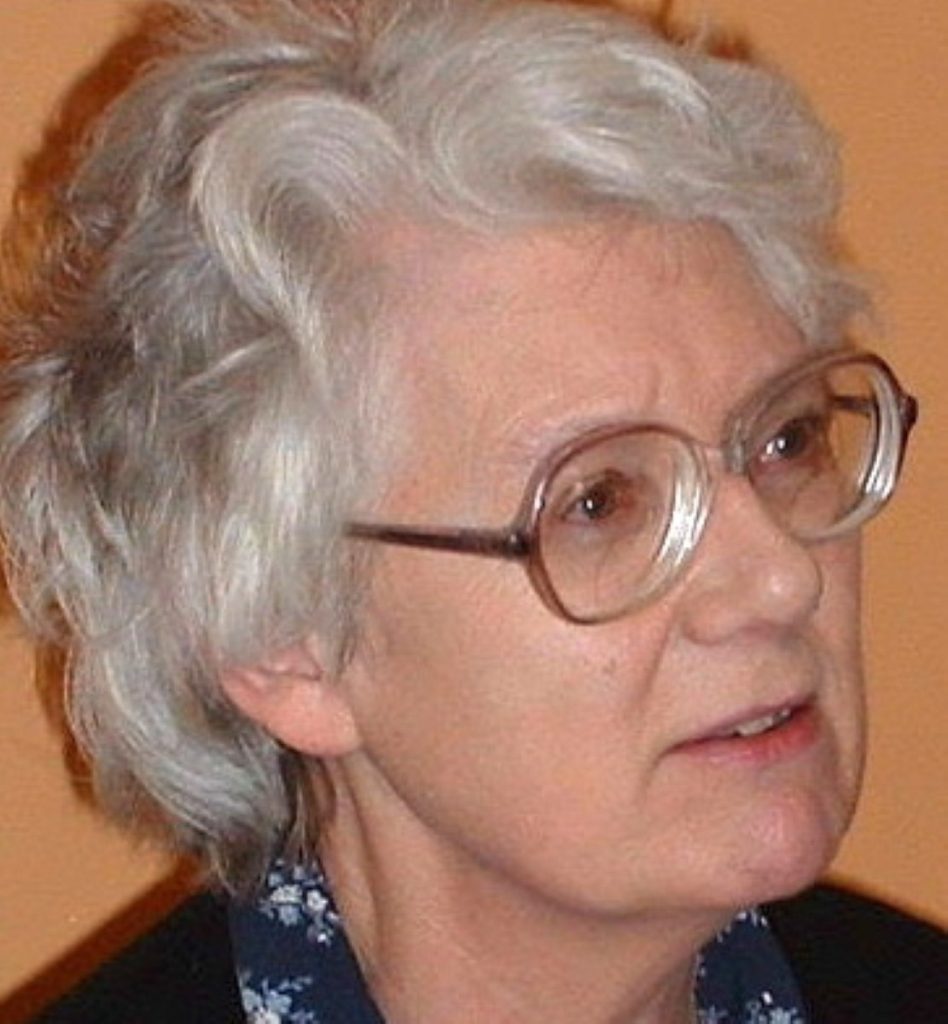Comment: Maria Miller is right – it’s time to lower the abortion limit
By Dominica Roberts
This week’s call by equalities minister Maria Miller to lower the upper limit for abortion to 20 weeks – a time frame vociferously endorsed in recent years by another Tory MP, Nadine Dorries – will keep the discussion alight and could result in positive action of some kind.
We must not forget that the new health secretary, Jeremy Hunt, has voted in favour of even more restrictive legislation, with an upper limit of 12 weeks.
We are heartened there is at long last a clear spotlight on abortion in this country and that public opinion is turning in favour of those campaigning in defence of life. The UK pro-life movement is starting to reap the rewards of its dedicated campaigning in defence of the right to life of the unborn child, and we are at long last seeing some signs of a genuine change in attitudes.


In many respects the unborn child speaks for him or herself, as fetal imagery becomes more and more detailed and readily available. A front page of a newspaper in 2003 showed an ultrasound image of a smiling baby in utero, and today 4D ultrasound provides even more wonderful and detailed imagery: and there are numerous amazing videos to be found online underlining the humanity of the developing baby.
We believe that the mood of the United Kingdom was jolted significantly when the famous case of a cleft-palate abortion late in pregnancy hit the headlines over a decade ago. This led in 2008 during the reform of the HFE Act to an attempt to combat the discriminatory nature of abortion for disability. Baroness Masham and colleagues argued these issues in the House of Lords at that time and the votes were close.
Few in this country even realize that while the cut-off gestational age for abortion is 24 weeks in most cases, this can be extended up to birth if the developing baby is disabled. A number of pro-life groups drew attention to this overtly discriminatory practice following the recent Paralympic Games, highlighting the extraordinary contrast of concepts of equality which only come into play after birth. Clearly the greatest obstacle for a disabled baby is getting through the birth canal.
As fetal and neonatal medicine improves radically, and more and more babies who are born prematurely survive thanks to such progress, it is obvious to many that the 24-week upper limit for abortion is indefensible. This in fact is one of the arguments put forward by those calling for a reduction in the upper time limit.
Other indications the United Kingdom has woken up to some of the most unpalatable aspects of abortion practice came after a Telegraph sting at the beginning of this year, which revealed some instances of a willingness to perform sex-selection abortions. The Care Quality Commission’s rigorous inspection of a number of abortion clinics has been followed in some instances by further police scrutiny. We await the outcome of these investigations.
Under the current regime the number of abortions taking place every day in the United Kingdom is between five and six hundred, and some 7,000,000 have taken place since the passing of the 1967 Abortion Act. Those who have experience in counselling the mothers and families involved know that there are many victims left battling with the psychological aftermath.
The ProLife Alliance, like the majority of pro-life organizations, is opposed to all abortion and believes there is always a better solution for both mother and child than destroying the developing baby in the womb. We take heart, nevertheless, from these very real signs that the conscience of the nation is at last changing. It may still take many decades but one day, we hope, abortion will be no more.
Dominica Roberts is the chairman of the ProLife Alliance
The opinions in politics.co.uk's Comment and Analysis section are those of the author and are no reflection of the views of the website or its owners.









